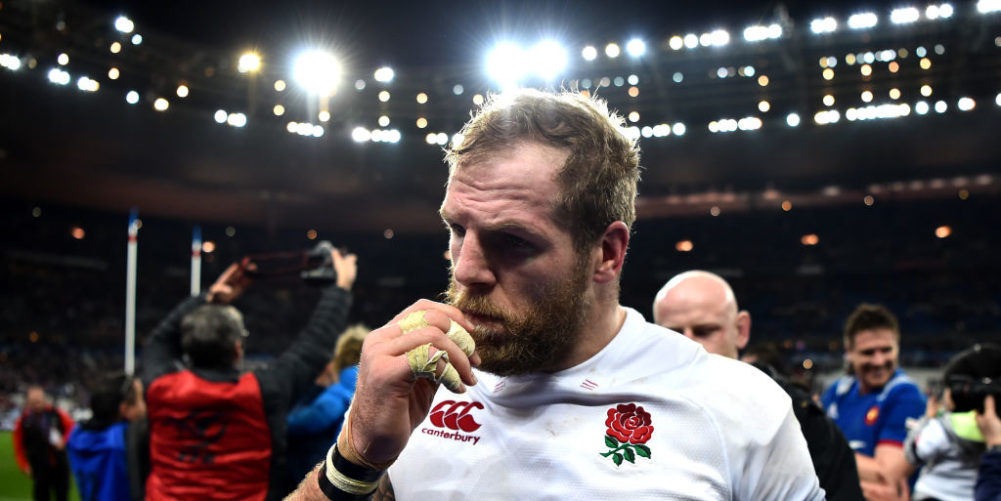James Haskell and Jamie Cudmore are at the head of a new lobby group called Progressive Rugby, which has been launched with an open letter to Sir Bill Beaumont, chairman of World Rugby calling for urgent reforms to the sport.
The 28 signatories have outlined their concerns for rugby which they describe as being ‘threatened with extinction within a couple of generations’.
Wales and Cardiff Blues flanker Josh Navidi is listed amongst the signatories and is the only current professional on the letter.
Key to the new group’s mission is for World Rugby to pursue a deeper understanding of the long-term health risks associated between rugby and concussion, namely CTE (chronic traumatic encephalopathy).
World Cup winner Steve Thompson and former Wales flanker Alix Popham have both lent their efforts to Progressive Rugby, two months after revealing their diagnoses of early onset dementia before the age of 45.
“World Rugby has a moral and legal duty to minimise risk,” reads the letter sent to Beaumont, “and to inform players and parents of the risk of brain damage from repeated knocks.
“Evidence of the existence of brain disorders in retired players supports the contention that participation in rugby union can cause brain damage.
“The awareness of the association with traumatic brain injury and participation in rugby union is of paramount importance for both the players and the sport itself.”
Additionally, the group say rugby players should be safeguarded by a ‘health passport’, an idea which shares similarities with WADA’s Athlete Biological Passport which catalogues all doping test results in athletics and WADA-associated sports such as cycling.
The health passport would log all information related to number of contacts as well as diagnosed concussions, evidenced through the high performance GPS chips players were on their jersey and team medical staff.
World Rugby contends that there is overlap, too, between the group’s suggestions and what the governing body is doing already anyway.
“We are progressive,” World Rugby said in reply to Progressive Rugby in a statement, “which is why as scientific and medical knowledge and societal understanding continue to evolve, rugby evolves with it.
“We are encouraged that the group are championing a number of initiatives that are already operational or being considered and we are open to constructive discussions with them regarding their proposals.”























